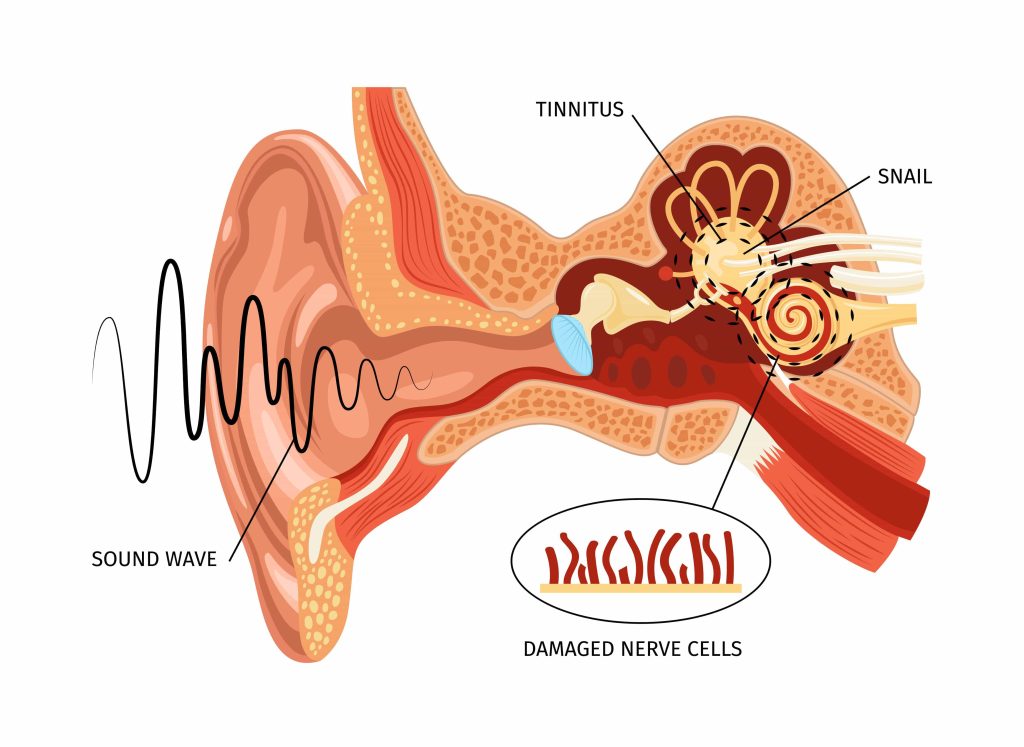What is Tinnitus?
Tinnitus is a condition characterized by the perception of noise or ringing in the ears when no external sound is present. It is a common problem, affecting people, and can occur in one or both ears. Tinnitus isn’t itself a disease but rather a symptom of underlying conditions.

